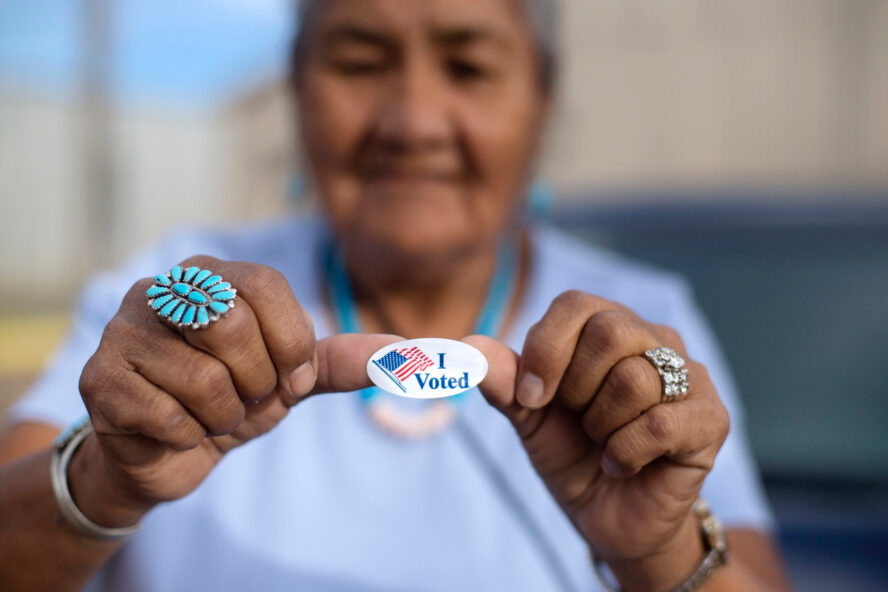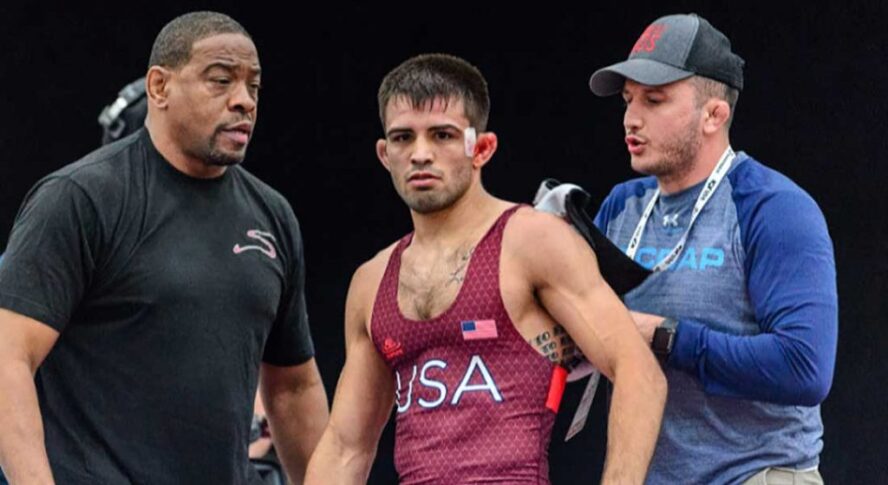
Republicans know one thing: their political agenda has little chance of winning any future national elections, and the party is shrinking in states once considered safe. They could broaden their appeal and actually become the “big tent” they used to espouse in the era of one-term President Donald Trump.
That is not going to happen.
Fear of reprisals from the vengeful twice impeached ex-president or truly agreeing with his racist and cruel policies has left the Grand Old Party with one strategy; to keep the rest of the electorate from voting. Democrats, still giddy over wrestling away power from republicans, are trying to undo republican attempts to stunt voting patterns by nationalizing election standards. Mixed results are coming from those two agendas with the democrats on the losing end of several battles lately.
Key among them was the United States Supreme Court that upheld two of Arizona’s election laws that the Democrats called a violation of the Voting Rights Act of 1965. This is a tough loss that meant the democrats lost the war on voting rights. The Supreme Court already weakened the Voting Rights Act by previous decisions going back to 2013. The act is now just a shell of a once powerful civil rights era law. Part of the problem is that time has changed, and the conditions that existed before have been altered by some measure of progress. In the era of crude Jim Crow laws to prevent among other rights voting, life is not quite the same. In a way republicans are using progress however small to tear down protections.
One part of the Arizona law prohibits out of precinct voting. In the spirit of allowing everyone every opportunity to vote, some states allowed out of precinct voting. Republicans, without evidence, said this cost them several elections and with defeated Trump drumming the same tune it became a disputed law. Arizona republicans lost on appeal only to win in front of three Trump-era high court appointees. Their point is that asking voters to vote in their own precinct was not overtly racist. Truth, in fact, people of color were more likely to cast their ballot this way. It accounted for about 1% of the overall vote. The Democrats can either complain about Trump and conservatives, or they can make sure their voters vote in the correct precincts.
Perhaps more controversial is the ban on ballot harvesting. Essentially, it is when anyone, including a partisan campaign worker, can pick up ballots and deliver them to the voting station. Again, this practice was to encourage voting and assist those unable because of age, lack of vehicles, health, or funds to get to the voting station. Trump accused without any evidence that the harvesters were filling out the ballots instead of the voters. This is not completely supported by all democrats. The same freedom to bring in ballots could be performed by republicans as well as well as create a lack of trust in its content. While ease of voting is something we should all thrive for, it is now a case of hypervigilance in the case of ballot security. The times changed, and we better change with them.
A United States Senate bill to correct and strengthen the Voting Rights Act has little chance of passing. Of course, our U.S. Senators James Lankford and Jim Inhofe are dead set against it along with every republican senator. Accordingly, the more people vote and with ease, the less republicans there will be. A more narrowly written bill in the House, named after the late U.S. Rep. John Lewis, has little chance to pass because of the need of a super majority in the Senate to pass. The senate is set at 50-50.
Democrats wanted to protect voting rights and may have weakened it by the loss at the Supreme Court, because this weakens the section that prevents discrimination based on race, creed and religion. The court says that is the exclusive purview of the states. But at what price to voting rights? The Supreme Court assumes the states act in the best interests of all their citizens. Like Oklahoma does. That was a poor attempt at comedy.
While the decision will only affect a few voters, most of them will be people of color and the poor. More importantly, it says state law is paramount over the rights of those less fortunate.
In the meantime, voting efforts will be made to make sure to get out the vote under the current parameters will need to come with intense energy. That will be paid with the cost of a renewed effort.










